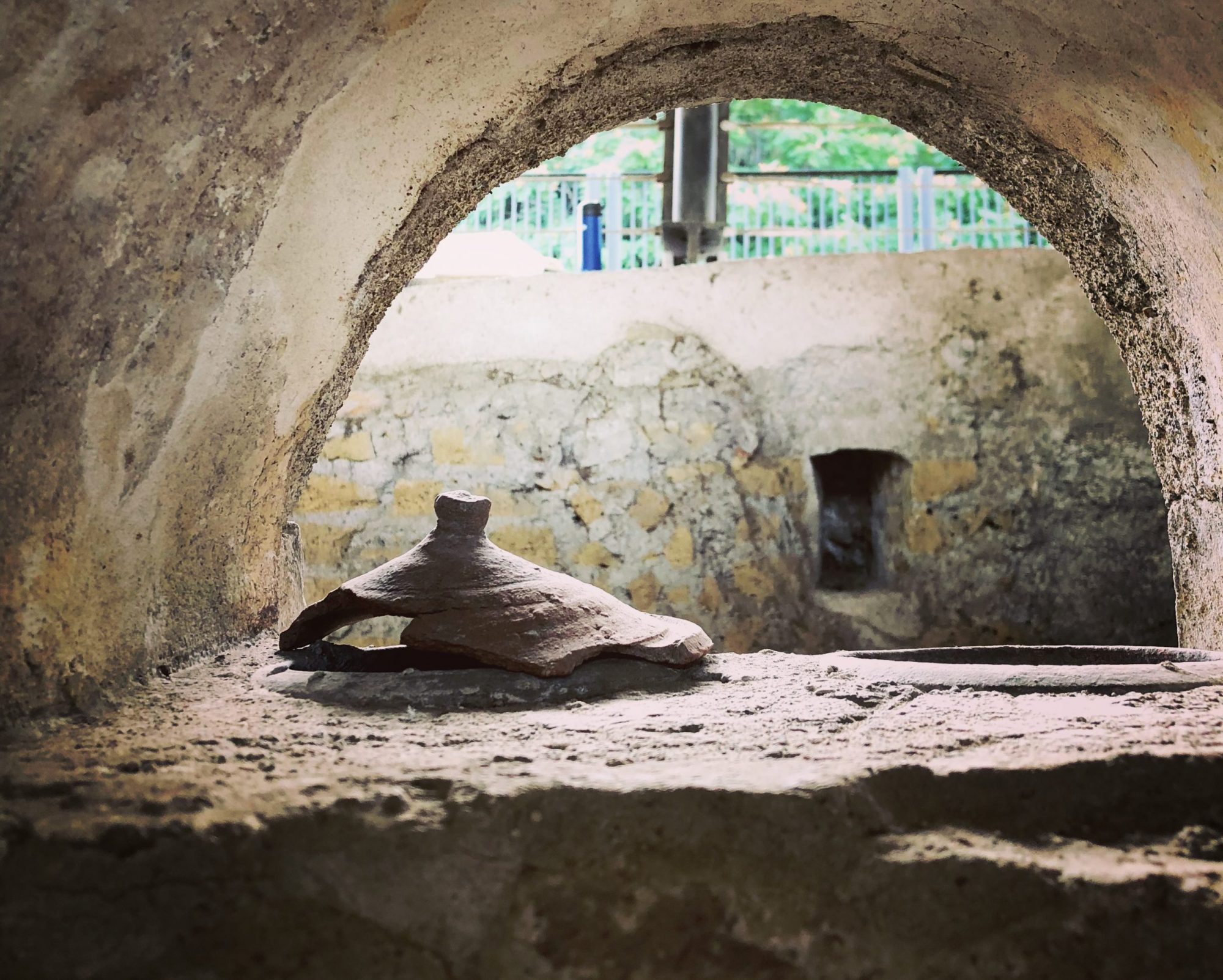As Markman Ellis notes in his excellent history of the coffee house, almost since their first appearance in the west they have been places for people to gather and talk about ideas.
The Italian poet, Giuseppe Gioachino Belli ( 1791-1863) has written one of my favorite ruminations on coffee and life. His sonnet, Er Caffettiere Fisolofo (The Philosopher Barista) is, like all his sonnets, written in the vibrant and earthy Roman dialect the locals call “romanaccio.” Here it is with my rather wooden translation:

Er Caffettiere Fisolofo (The Philosopher Barista)
Guiseppe Gioachino Belli
Rome 1833
L’ommini de sto monno sò l’istesso,
Che vaghi de caffè ner macinino,
C’uno prima, uno doppo, e un’antro appresso,
Tutti quanti però vanno a un distino.
Spesso muteno sito, e caccia spesso,
Er vago grosso er vago piccinino,
E ss’incarzeno tutti in zu l’ingresso,
Der ferro che li sfraggne in porverino.
E l’ommini accusì viveno ar monno,
Misticati pe mano de la sorte,
Che sse li gira tutti in tonno in tonno.
E movennose oggnuno, o ppiano, o fforte,
Senza capillo mai caleno a fonno,
Pe cascà ne la gola de la morte.
People in this world are like
coffee beans in a grinder.
One comes first, another follows, then another after that,
but they all go the same fate.
They often change places, often the big bean
trades spots with the little one,
but they all crowd into the opening
of the blade that grinds them into dust.
And this is how people live in the world,
thrown together by the hand of fate,
which spins them round and round.
Each of them moving, slow or fast,
until, without ever knowing, they descend,
to drop into the jaws of death.
Belli is referring to the old hand-turned coffee grinders, which are making a comeback. His vivid imagery of the beans whirling around and slowing descending to their annihilation, and comparison of this with life, is in itself pretty powerful. Expressed in the robust doubled consonants and long vowels of romanaccio, the poem is sublime. My Mother was a Roman and I grew up hearing her and other relatives speaking the dialect. It still contains quite a few loanwords from Latin.
The actor Maurizio Mosetti has recordings of Belli’s sonnets that you can download here.
Here is Mosetti in a traditional carnival mask reciting the sonnet, which is then set to music by the Roman musician Andriana Bono.
So, next time you’re enjoying a strong espresso, think of the beans that were ground to make it. Think of the whirling, random chaos that is life, and remember:
A uno a uno se n’annamo tutti.
One by one we’ll all be going away.


